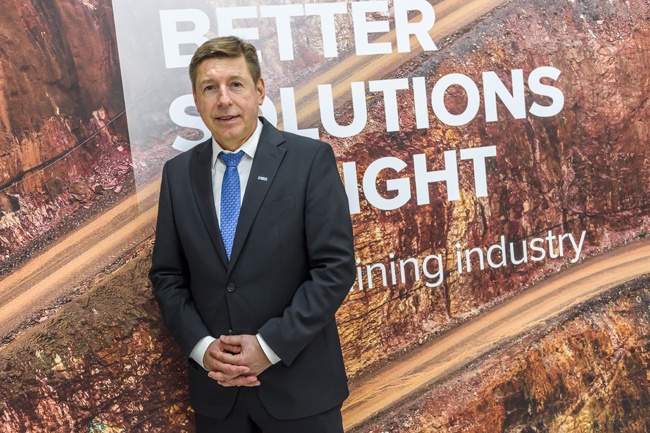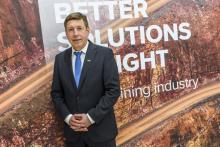
Further released figures reveal that FLSmidth’s order intake for Q2 2019 stood at DKK 5bn (€669.9mn) – down 2% on Q2 2018 – and included a large cement plant order in Morocco and a large mining order in Australia. The group’s order backlog stood at DKK 16.8 billion (€2.25bn) by the end of the quarter, up 16% from the same period last year.
FLSmidth Group CEO Thomas Schulz said: “The second quarter showed a strong performance with improved revenue and profitability, driven by both Mining and Cement. Following a slow start to the year, we have been successful at converting backlog to revenue in the second quarter. In close cooperation with our customers, we have continued to deliver on our vision to provide sustainable productivity enhancement.”
Schulz continued: “Our success with both service and capital orders demonstrates our customers’ confidence in our ability to enhance their productivity. This is supported by an increased push for sustainable solutions that ties in well with our position, capabilities and track record. In Cement, we see higher demand for sustainable solutions, for example alternative fuel systems to replace fossil fuels and minimise CO₂ emissions. In Mining, we see increased interest for new technologies such as dry stack tailings but also a general need to reduce water consumption in the production process.”
As part of FLSmidth’s digital journey, the acquisition of IMP Automation Group was successfully completed in June, strengthening the group’s portfolio of automated laboratory solutions for the mining industry.
FLSmidth says that due to “great progress on capital business versus a good development in services”, the group’s expected business mix for the year has changed. A “It is now more likely that the revenue will be in the higher end of the guided range of DKK 19-21bn (€2.54-€2.81bn), and the EBITA margin will be in the lower end of the guided range of 9-10%,” a company statement said.







